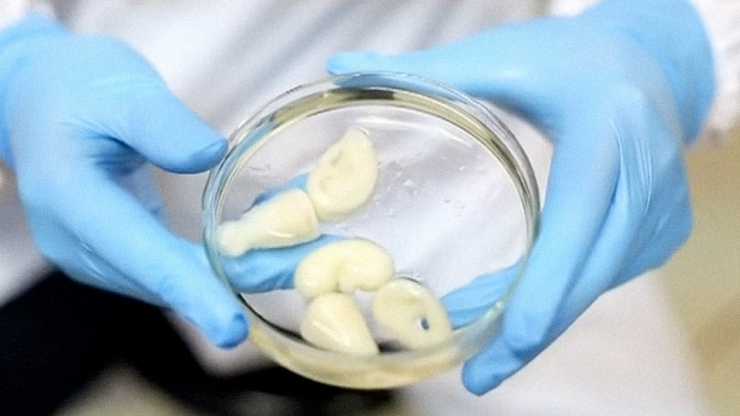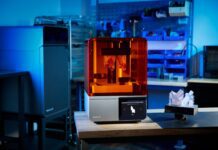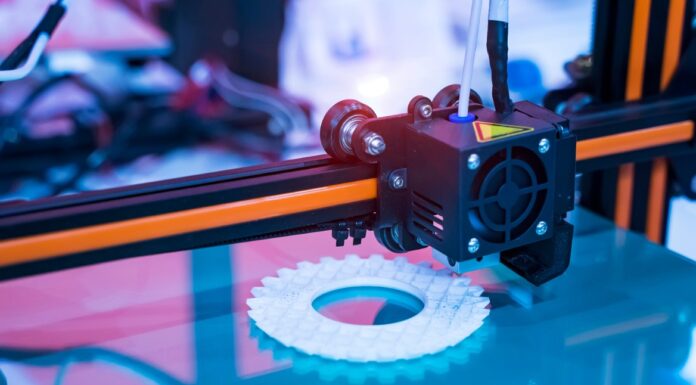America’s 3D bio-printing company, Organovo, has signed an agreement with the University of Queensland’s commercialisation company UniQuest to produce kidney tissues using a 3D printer.

According to the media statement by Minister for Science, Information Technology, Innovation and the Arts — The Honourable Ian Walker, the agreement is proof that the Government plans to follow through on its promise to provide better front-line services to Queenslanders, especially in health.
“Professor Melissa Little and her team made a huge leap forward in stem cell technology last year by growing a tiny kidney in a laboratory dish. One in three Australians are at risk of developing chronic kidney disease so what Professor Little accomplished last year was a hugely important development,” Mr Walker said.
The Queensland Government provided $1 million to support Dr Little’s research with an ultimate goal to produce artificial kidneys for humans.
According to the article on ABC, one in three Australians are at risk of developing chronic kidney disease; however, Professor Justin Cooper-White, from UQ’s Institute of Molecular Bioscience claims 3D printing technology can help many patients. The researchers also point out that using 3D printed mini kidneys to test the safety of new drugs can save time and money.
“The agreement with Organovo, the world leader’s in human tissue 3D printing, will optimise the cells created using Professor Little’s technology in order to print kidney tissues from them using 3D bio-printing,” Mr Walker said.
Prof. Little, from the Institute of Molecular Bioscience at UQ, said 3D printing of fully functional mini-kidney tissue would enable better disease modelling and drug development.
“The mini-kidney tissue can be used to test the safety of new drugs. The sad fact is that most new drugs fail during testing in humans and a big reason for that is that they turn out to be toxic to kidneys. If we can test a drug for kidney toxicity before applying it to human trials, we’ll save a lot of time, effort and money,” said Prof. Little.
“There’s more work to get to this point but when we do it will save lives and cut the cost of treating the disease.”




















